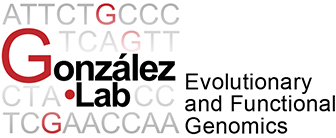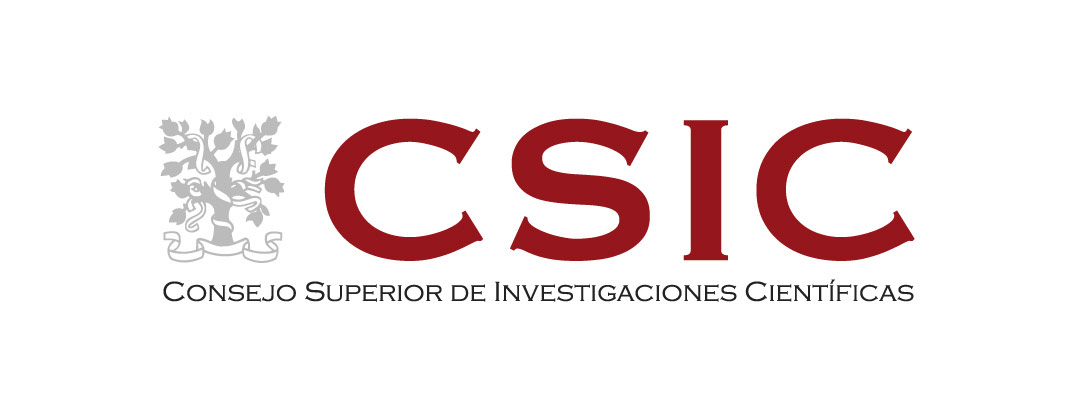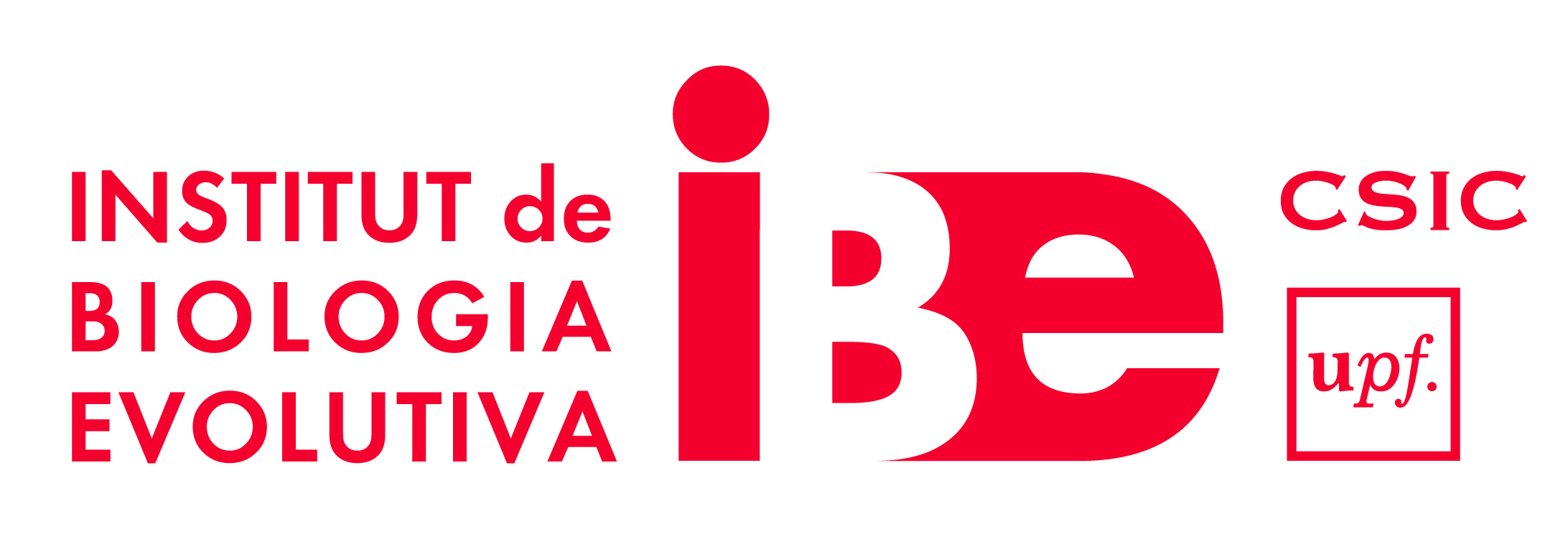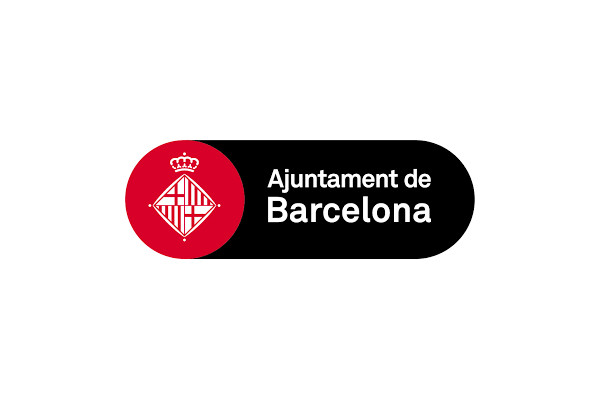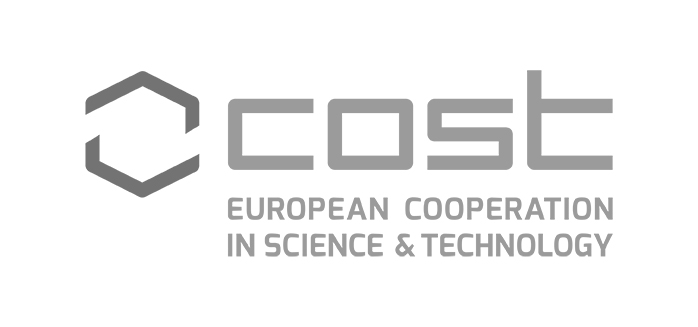We are seeking a highly motivated postdoctoral researcher to join our research team at the Institute of Evolutionary Biology (CSIC-UPF) in Barcelona, Spain.
Research Project
The postdoctoral researcher will work on a project funded by the European Research Council that aims at identifying the genetic basis, the molecular mechanisms, and the functional traits relevant for environmental adaptation (H2020-ERC-2014-CoG-647900).
Understanding how organisms adapt to their environments is a long-standing problem in Biology with far-reaching implications: adaptation affects the ability of species to survive in changing environments, host-pathogen interactions, and resistance to pesticides and drugs. Despite recent progress, adaptation is to date a poorly understood process largely due to limitations of current approaches that focus (i) on a priori candidate genes; (ii) on signals of selection at the DNA level without functional validation of the identified candidates; and (iii) on small sets of adaptive mutations that do not represent the variability present in natural populations. As a result, major questions such as what is the relative importance of different types of mutations in adaptation?, and what is the importance of epigenetic changes in adaptive evolution?, remain largely unanswered.
To gain a deep understanding of adaptation, we need to systematically identify adaptive mutations across space and time, pinpoint their molecular mechanisms and discover their fitness effects. To this end, Drosophila melanogaster has proven to be an ideal organism. Besides the battery of genetic tools and resources available, D. melanogaster has recently adapted to live in out of Africa environments. We and others have already shown that transposable elements (TEs) have substantially contributed to the adaptation of D. melanogaster to different environmental challenges. We are using state-of-the-art techniques, such as Oxford nanopore sequencing technology and CRISPR/Cas9 genome editing, to systematically identify and characterize in detail adaptive TE insertions in D. melanogaster natural populations. Only by moving from gathering anecdotic evidence to applying global approaches, we will be able to start constructing a quantitative and predictive theory of adaptation that will be relevant for other species as well.
Duties
The postdoctoral researcher will be responsible for the in silico characterization of candidate adaptive mutations identified in natural populations of Drosophila melanogaster. He/She will investigate the role of epigenetic marks in gene expression changes across tissues, and the role of transposable elements in rewiring xenobiotic stress response networks. Among others, the tasks involved in the postdoctoral research project include the integrative analysis of several genomic datasets obtained in our laboratory: RNA‐seq, ChIP‐seq for histone marks and for transcription factors, and HiC datasets.
Candidate requisites
A PhD in evolutionary biology, evolutionary bioinformatics, or a related field, good programming skills, and good organizational and writing skills are required. Experience with state‐of‐the‐art approaches to analyze the different genomic techniques used in the lab is required. Previous professional experience will be considered.
What do we offer?
We offer a full‐time position. Salary will depend on the experience of the candidate. The candidate will join a research team of three postdoctoral researchers and three PhD students. The lab also offers extensive networking opportunities as we are co‐leading the European Drosophila population Genomics Consortium (droseu.net) that brings together 61 research labs across 27 countries, and the Spanish excellence network in Adaptation Genomics (adaptnet.es).
Application process
Please send your CV (including the contacts of potential references) and a brief letter of motivation before the 15th June 2020 to: josefa.gonzalez@ibe.upf‐csic.es. Please include “ERC‐Bioinformatics position” in the subject of your e‐mail.
Application deadline: 15th June 2020.
